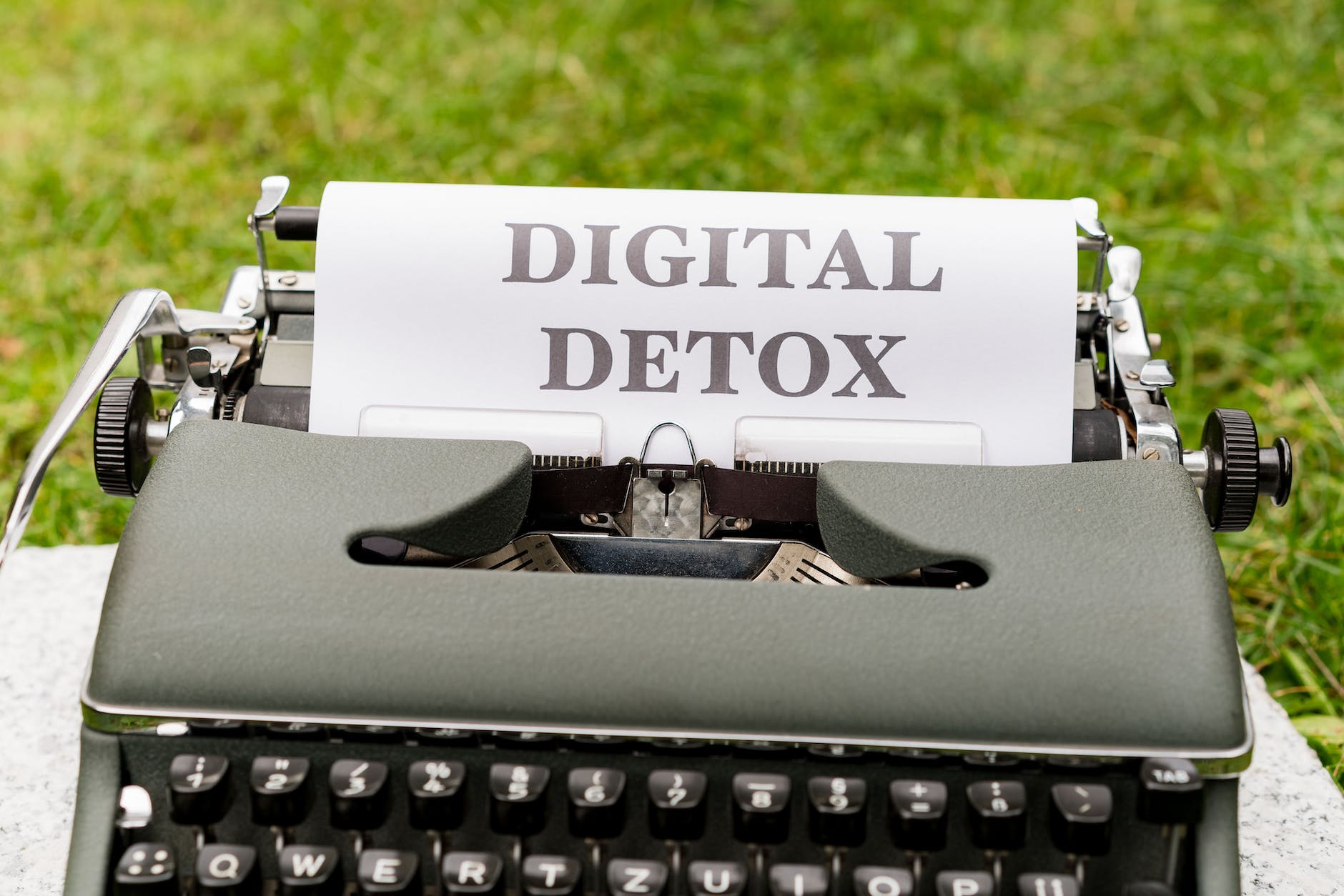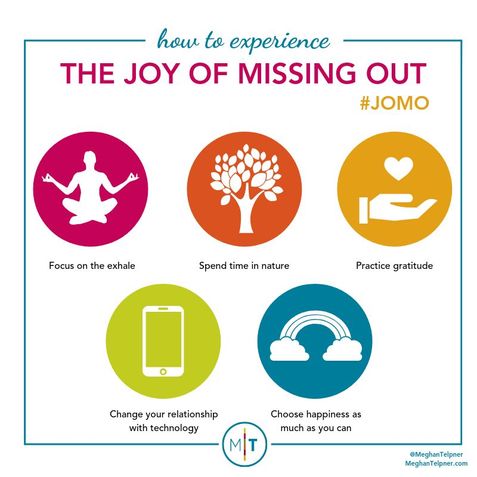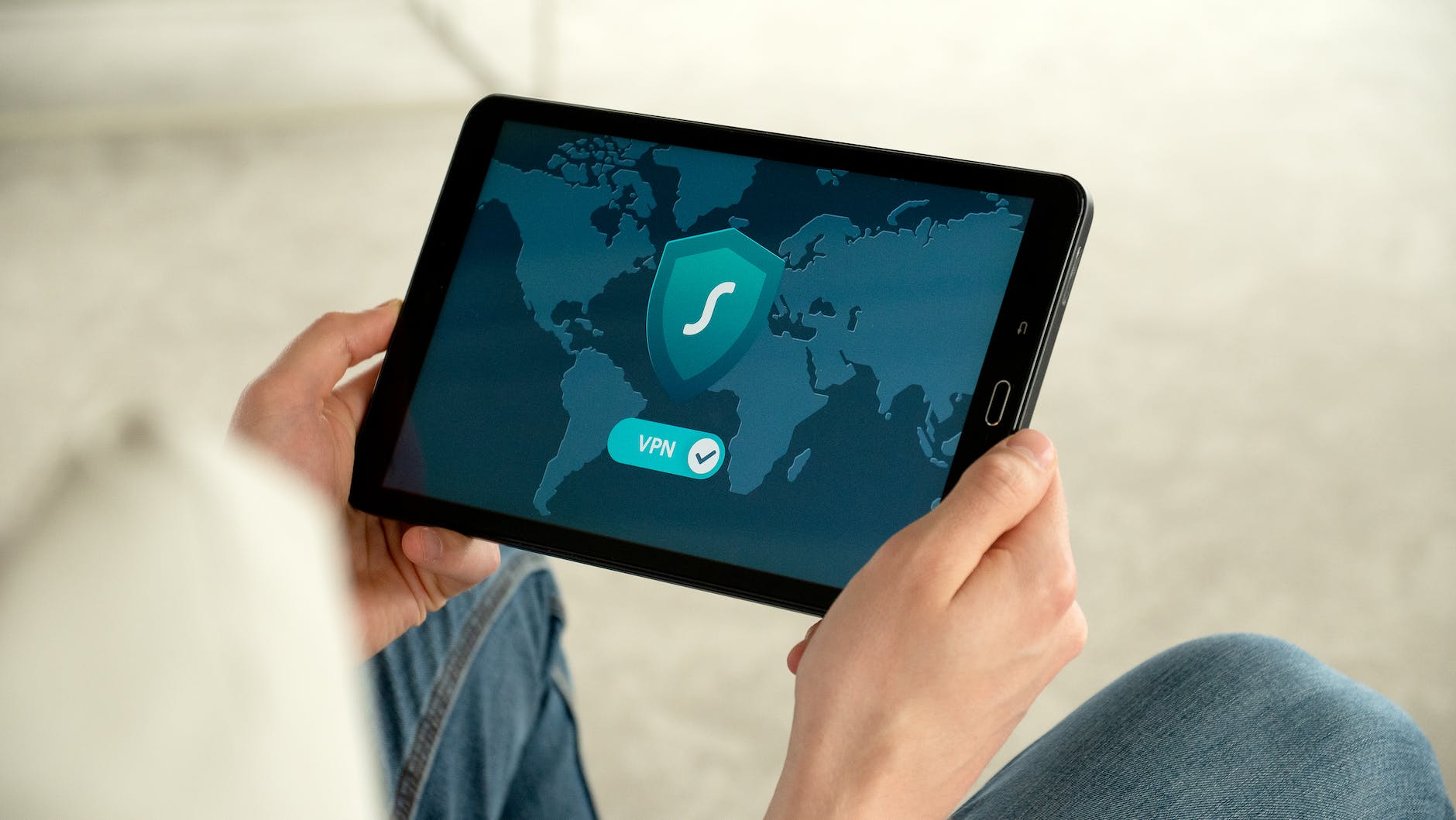In today’s digital age, technology has become an integral part of our everyday lives. We rely on our smartphones, laptops, and other devices for communication, entertainment, and work. While technology has undoubtedly brought numerous advantages, excessive use and dependence on digital devices can have detrimental effects on our health and overall well-being. The constant notifications, screen time, and information overload can lead to physical health consequences, mental health issues, and decreased productivity. However, a digital detox, the intentional and temporary disconnection from digital devices, can have transformative effects on our lives.
The Detrimental Effects of Digital Overload
Excessive use of digital devices can take a toll on our physical health, leading to a sedentary lifestyle and associated chronic diseases. Engaging in prolonged screen time often involves sitting for extended periods, which contributes to obesity, heart disease, and other health conditions. Additionally, staring at screens for long durations can cause eye strain and disrupt our sleep patterns, leading to sleeping disorders and decreased quality of rest.
Furthermore, the impact of technology on mental health cannot be ignored. Studies have shown a correlation between excessive digital consumption and increased stress, anxiety, and depression. The constant bombardment of information and the pressure to be available and connected at all times can trigger feelings of overwhelm and contribute to the deterioration of mental well-being. Moreover, excessive screen time can hamper our social interactions, leading to a decline in interpersonal relationships and a sense of disconnection from others.
The Benefits of Digital Detoxing
Engaging in a digital detox can have significant positive impacts on our physical and mental well-being. By unplugging from digital devices, we create space for healthier habits and activities that promote physical well-being. During a digital detox, individuals often engage in more physical activities and exercise, replacing sedentary screen time with active pursuits. This change not only benefits cardiovascular health and weight management but also improves mood and overall vitality.
Moreover, digital detoxing contributes to improved mental well-being. Taking a break from technology reduces the exposure to stressors and allows our minds to rest and recuperate. This break from constant notifications, emails, and social media updates leads to decreased stress levels, increased mental clarity, and improved focus. Additionally, digital detoxing helps enhance social connections and fosters more meaningful in-person interactions, contributing to a sense of belonging and improved mental health.
Productivity Boost through Unplugging
Unplugging from digital devices can significantly improve our productivity and ability to focus. Minimizing distractions, such as notifications and constant online availability, allows us to break the cycle of constant interruptions. By setting boundaries and limits on our digital interactions, we create a conducive environment for deep work and concentrated efforts.
Image courtesy of community.atlassian.com via Google Images
Removing the incessant distractions of technology grants us uninterrupted time to engage in focused work. Without constant disruptions, our brains can enter a state of flow, enhancing our ability to concentrate and produce high-quality work. Additionally, digital detoxing can stimulate creativity by providing the mental space for new ideas to emerge and allowing time for engaging in activities that nurture imagination.
Strategies for Effective Digital Detoxing
To maximize the benefits of digital detoxing, it is essential to approach it with intention and structure. Here are some strategies to implement an effective digital detox:
Setting Clear Boundaries and Goals
Define the purpose of your digital detox and set clear guidelines. Determine the duration of your detox and establish rules for permitted digital interactions. Whether you choose to completely disconnect or limit specific forms of technology, having clear boundaries and goals will help you stay focused and committed to your detox.
Creating a Supportive Environment
Encourage friends and family to join the detox, as social support can significantly enhance your experience. When those around you are also on board, it becomes easier to avoid temptations and distractions. Additionally, explore offline activities and hobbies that will help fill the void left by digital devices. Participating in physical activities, reading books, or pursuing creative hobbies can keep you engaged and satisfied during your detox.
Powering Down
Unplugging from digital devices and engaging in a digital detox can be a transformative experience that improves both our mental and physical well-being. By acknowledging the detrimental effects of excessive digital consumption and taking intentional breaks, we can regain control over our lives, reduce stress, improve productivity, and foster healthier relationships. Incorporating digital detoxing into our routines may take some adjustment initially, but the long-term benefits far outweigh the short-term discomfort. So, power down, unplug, and witness the positive impact a digital detox can have on your life.




